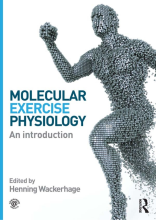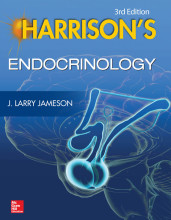Summary: Hormones & Homeostasis
- This + 400k other summaries
- A unique study and practice tool
- Never study anything twice again
- Get the grades you hope for
- 100% sure, 100% understanding
Read the summary and the most important questions on Hormones & Homeostasis
-
intro
This is a preview. There are 37 more flashcards available for chapter 02/02/2016
Show more cards here -
What are the most important principles in endocrinology?
- Hormone secretion
- Hormone action
- Principlesof feedback control
-
Which kind of membrane receptors do you have?
- G-protein-coupled
- Ionotropic receptors
- steroid receptors
- Kinase-linked receptors
-
How is the endocrine system evaluated?
By measuring hormone concentrations -
How are endocrine disorders amendable to effective treatment?
- deficiencies are treated with physiological hormone replacements
- excessive conditions like benign/malignent glandular adenomas (cancer)
-
What is the modern definition of an hormone?
- productions does not necessarily take place in glands (gut)
- other signals come from nearby cells (paracrine) or the own self (autocrine) of are from nutrition
- many hormone receptors are not considered as endocrine targets
- The classic production in glands, secretion in the bloodflow and binding on targets does still apply for some hormones
-
Which two types of hormones are there?
- Growth factors
- Sex steroids which leads to epiphysial closure
-
What are the most important hormones in the regulation of the homeostasis?
- TH
- Cortisol
- PTH (regulates Ca2+ and F2)
- Vasopressin
- Mineralocortoids
- insulin
-
What are the main functions of hormones?
- Growth and differentiation
- Maintainance of the Homeostasis
- Reproduction
-
Which hormone is most important during child rearing?
Oxytocin -
What is the field of endocrinology concerned with?
- biosynthesis
- storage
- chemistry
- physiological function
- the productive cells and tissues
- Higher grades + faster learning
- Never study anything twice
- 100% sure, 100% understanding
































